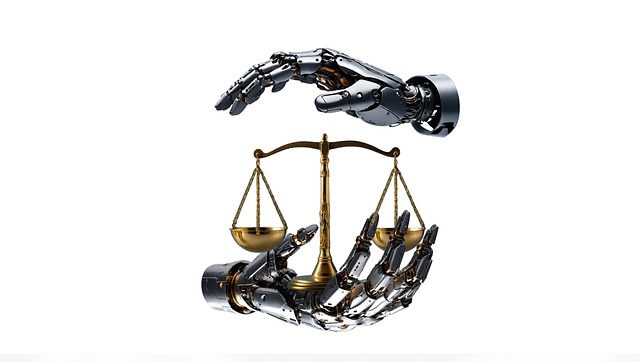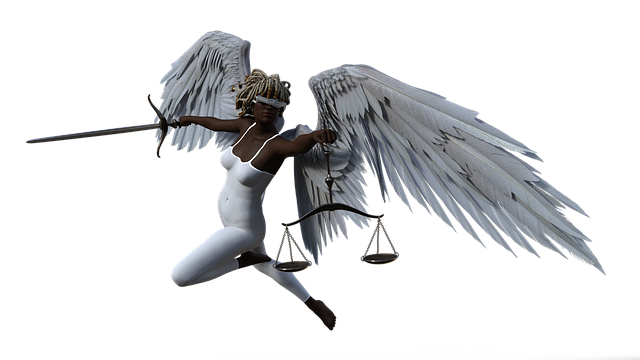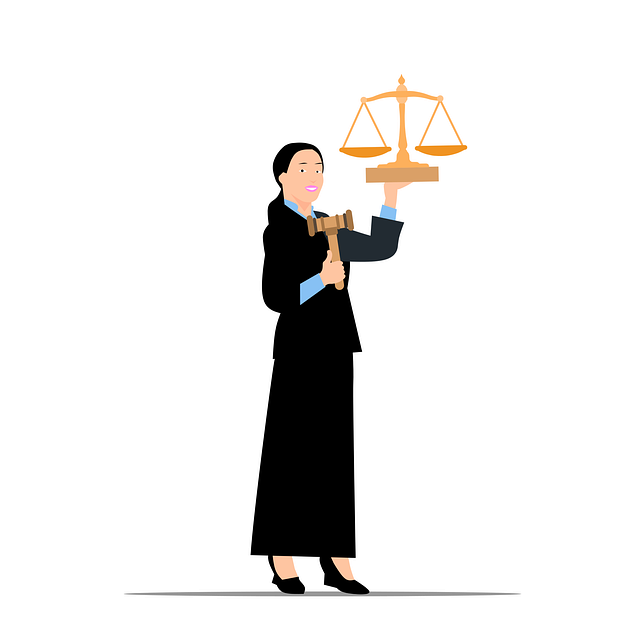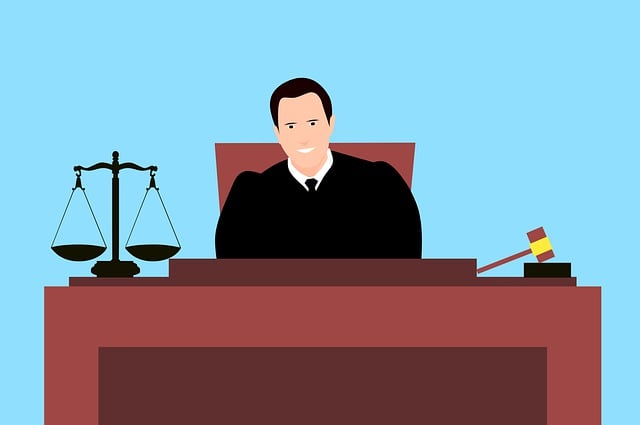Emotional testimonies in motorcycle accident wrongful death trials are powerful tools that humanize cases by showcasing victims' unique lives and impacts on loved ones, creating an emotional connection with jurors. These narratives contrast cold legal facts, emphasizing the severity of incidents and lasting effects, ultimately advocating for fair compensation and improved safety standards. While effective across various disputes, such testimonies are particularly distinct from homeowner insurance claims and can sway juries through empathy, connecting personally with the human toll behind commercial and employment conflicts.
In the heart of every motorcycle accident wrongful death trial lies a powerful tool: emotional testimonies. These personal narratives, brimming with raw sentiment, can humanize victims, evoke empathy from juries, and significantly sway the course of justice. This article delves into the profound impact of emotional testimonials, offering insights on their preparation, presentation, and the ethical considerations that navigate this delicate terrain. By exploring these aspects, we aim to equip legal professionals with strategies to effectively employ emotional evidence in motorcycle accident wrongful death cases.
- The Power of Emotional Testimonies
- – Exploring the impact and role of personal narratives in wrongful death cases
- – How emotional accounts humanize victims and sway juries
The Power of Emotional Testimonies

Emotional testimonies hold immense power in motorcycle accident wrongful death trials. They humanize the case, painting a vivid picture of the victim’s life, personality, and impact on loved ones. In a legal setting often dominated by technical jargon and cold facts, these personal narratives can be incredibly moving, helping jurors and judges connect with the family on a deeper level. This emotional connection can sway opinions, ensuring that justice isn’t just served legally, but also ethically and empathetically.
The impact of such testimonies is profound, especially when contrasting with cases centered around purely economic damages or medical records. In motorcycle accidents, as in other types of personal injury like car accident injuries or even real estate litigation, the human element cannot be overlooked. A truck accident attorney might leverage these emotional accounts to underscore the severity of the incident and the lasting effects on both the victim and their community, ultimately strengthening the case for compensation.
– Exploring the impact and role of personal narratives in wrongful death cases

In motorcycle accident wrongful death trials, personal narratives play a profound role, transcending mere facts and figures. These emotional testimonies offer a glimpse into the lived experiences of families affected by such tragic events, providing a human dimension that can deeply resonate with juries and judges. Beyond the legal arguments and expert opinions, these stories highlight the profound impact of a loved one’s loss, the emotional scars left behind, and the injustice felt by survivors. They are powerful tools in emphasizing the real-life consequences of wrongful deaths, which often involves commercial disputes or employment-related incidents, transforming legal proceedings into a call for accountability and justice.
In crafting these narratives, it’s crucial to balance the sensitivity of the topic with clarity in presenting the facts. Lawyers and families alike must navigate the delicate nature of sharing personal stories, ensuring they enrich the case without veering into irrelevance or causing further distress. By integrating these emotional testimonies effectively, wrongful death trials can become platforms for raising awareness about the human toll behind commercial disputes, employment disputes, and motorcycle accidents, ultimately pushing for changes in safety standards and legal protections.
– How emotional accounts humanize victims and sway juries

In motorcycle accident wrongful death trials, emotional testimonies play a pivotal role in shaping public perception and jury decisions. These personal accounts humanize victims, allowing jurors to connect on an intimate level, beyond the cold facts presented in court documents. When survivors or loved ones take the stand, they share stories of lives affected, moments frozen in time, and the profound impact of loss—a power that no legal document can replicate. This emotional appeal can sway juries, as human empathy is a potent force, often leading to more favorable outcomes for the affected parties.
Unlike dry legal arguments or factual presentations, emotional testimonies bring to light the human side of what transpired. They reveal the victim’s passions, aspirations, and contributions to their communities. In essence, these accounts transform abstract concepts like negligence into tangible experiences, making them easier for juries to comprehend and relate to. This strategy is not unique to motorcycle accident wrongful death cases; it finds relevance in various disputes, including employment conflicts and partnership disagreements, where humanizing the affected individuals can be a game-changer, even if the outcome differs from homeowner insurance claims, which often prioritize factual evidence over emotional narratives.
Emotional testimonies play a profound role in motorcycle accident wrongful death trials, offering a powerful tool for justice. By sharing personal narratives, families not only honor their lost loved ones but also provide a compelling human element that can significantly influence juries. These accounts help to humanize victims, conveying their unique stories and the profound impact of their passing. In a legal landscape where facts and evidence are paramount, emotional testimony adds a crucial layer of understanding, ensuring that each victim’s life and suffering are acknowledged and considered in the pursuit of justice.






